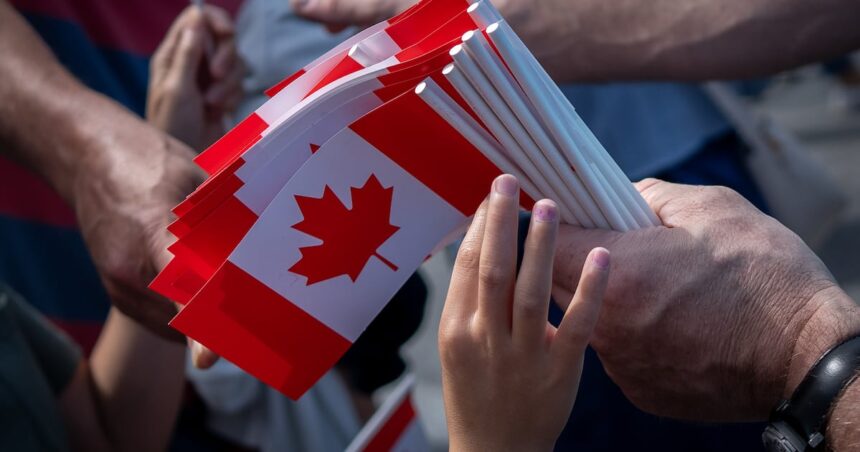As Canada approaches its 158th birthday, a palpable shift in national sentiment is emerging across the country. The red and white maple leaf, once a symbol that united Canadians coast to coast, now evokes increasingly complex emotions for many citizens in these challenging times.
“The concept of patriotism has evolved dramatically over the past decade,” notes Dr. Amrita Singh, professor of Canadian Studies at the University of Toronto. “What was once a straightforward celebration of national identity has transformed into a more nuanced conversation about what Canada represents in 2025.”
Recent polling from the Canadian Institute for National Identity suggests that traditional expressions of patriotism have declined by 17% since 2020, with younger Canadians in particular questioning conventional celebrations. This trend coincides with heightened awareness of Canada’s historical treatment of Indigenous peoples and ongoing social inequalities that have prompted critical reflection on national narratives.
In major cities, Canada Day festivities are being reimagined to acknowledge these shifting perspectives. Montreal’s celebration will feature Indigenous-led ceremonies alongside traditional concerts, while Vancouver has renamed its event “Community Day” with an emphasis on reconciliation dialogues.
“We’re witnessing a redefinition of what it means to love one’s country,” explains political analyst Marc Delorme. “For many Canadians, true patriotism now involves actively working toward a more just and inclusive society rather than simply waving flags.”
Economic factors are also influencing patriotic sentiment. With inflation finally cooling after years of economic turbulence, some Canadians report feeling more optimistic about the country’s direction. A recent CO24 Business survey found that 42% of respondents cited economic stability as a key factor in their national pride.
The shifting landscape of Canadian identity has sparked heated debates in political circles. Conservative MPs have criticized what they term “declining national pride,” while progressive voices argue that critical engagement with Canada’s past and present demonstrates a deeper form of patriotism.
Internationally, Canada’s global standing continues to influence citizens’ perspectives. Recent diplomatic successes in climate negotiations and peacekeeping efforts have boosted some Canadians’ sense of national pride, according to World News analysis.
CO24 wants to hear directly from you about your relationship with Canadian identity this year. Are you celebrating Canada Day differently? Has your sense of patriotism evolved? What makes you proud—or concerned—about the country in 2025?
Share your thoughts through our online survey at CO24.ca/CanadaDaySurvey or email us at canadaday@co24.ca. Selected responses will be featured in our special Canada Day broadcast and digital coverage.
As we approach July 1st, perhaps the most patriotic act is engaging in honest conversation about what Canada means today and what it could become tomorrow. In a rapidly changing world, how do we collectively define what it means to be Canadian?










